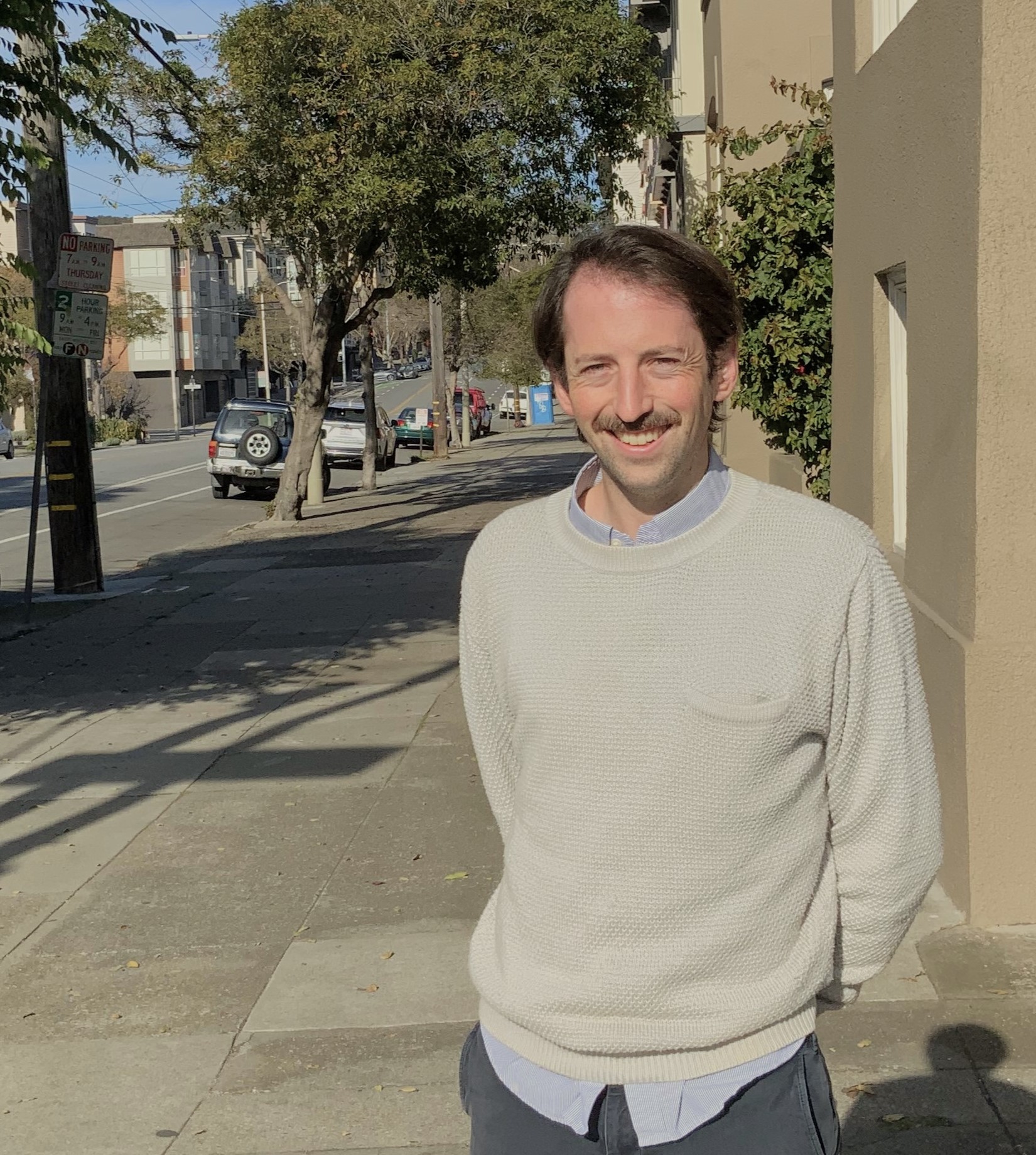I am a doctoral candidate in sociology at UC-Berkeley. Across my work, I use an array of methods to understand how different actors within and outside of the criminal-legal system in the U.S. attempt to manage and make sense of violence, and how those efforts are intertwined with American racial and class hierarchies. Meanwhile, I am also broadly interested in using emerging computational text analysis methods to ask novel questions and generate new ways of understanding social life. Prior to graduate school, I worked in prison condition monitoring, community development, and education research.
Research: Community-based violence intervention and prevention programs have become popular options for those seeking to 'reimagine' public safety in the wake of George Floyd's murder in the summer of 2020. Presented as a dramatic break with past practices, our common narratives about the last 50 years of public safety policy suggest that publicly-supported community-based violence prevention initiatives would have been unthinkable as the state waged domestic war on the country’s most economically and socially marginalized citizens. Yet many models championed today, from life coaching to violence interruption, have been around for decades. Focusing on California, my dissertation uses interviews, archival research, and participant observation to follow efforts to coordinate policy and funding for community-based violence prevention efforts from city council subcommittees in Fresno and Oakland to the statehouse in Sacramento, from the 1990s to the present. I ask how policy-makers, politicians, nonprofit leaders, bureaucrats, and community members have pursued public support for community-based violence intervention and prevention, and how they have gauged the success of their efforts. I suggest that the answer will shed light on what might come after policing, and how we are to know if it is better.
Major(s): PHD Candidate, Sociology

